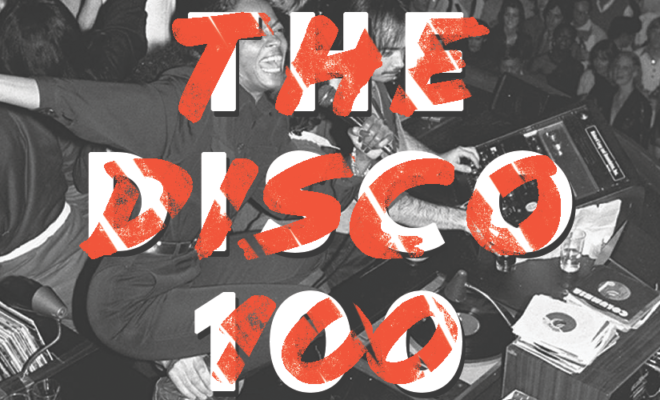

To listen to Brown is to hear a man who danced his ass off in Chitlin Circuit juke joints and theaters where air-conditioning was a far-away dream. Every James Brown slab comes coated in a dried layer of flop sweat. Nobody in the history of American music has ever tried harder to entertain a crowd. For people who want to avoid this side of Brown's discography, there are a few box sets-shouts to 1991's truly incredible 4-CD collection Star Time-that serve as an overview of his career.īut paring down Brown's career to the indispensable highlights misses something essential about the accurately self-styled "Hardest Working Man In Show Business." More than anything, Brown was a striver. Most of his albums feature a few undeniable singles surrounded by tons of re-released, re-recorded or unoriginal material to make one whole long-player. That's an ungodly number, made a little bit less impressive by the fact that Brown surrounded the wheat of his singles with a hell of a lot of chaff. Brown released nearly 70 albums and most of those came between 19. But any statement to the contrary would be a lie. We're here to talk about Brown's best albums, after all.
#JAMES BROWN BEST OF TORRENT MOVIE#
Little is told of his family background, where he certainly had his problems, but this obviously partisan movie concentrates on his musical and cultural status of the time to pay a great tribute to an artist as important, in my opinion, as almost any other you care to mention in the 20th century.That's a bad sales pitch. The performance clips are sensational, his singing and dancing both out of this world, with so many great records that he made in that golden decade. These include his sometimes tyrannical and miserly treatment of his fantastic band, his attitude to women and especially his controversial political stance in the 70's where he unwisely hitched up with Nixon and in so doing alienated his own black audience, coincidentally about the time his musical star was just starting to fade. Brown's complexities and complications aren't completely ignored, but they do seem somewhat sidelined.

Show", various knockout appearances on the "Ed Sullivan Show" and best of all, his historic televised performance in Boston in the immediate wake of the Martin Luther King assassination where you see him calmly but convincingly cooling down his over-heating audience. The musical clips are fantastic, including his see-it-to-believe-it performance on the "T.A.M.I. Eschewing star tributes (Mick Jagger apart), which are so often the staple in films like this, instead we get revealing interviews with the members of his band and entourage to deliver a superb inside-view of a musical genius but sometimes difficult man. He still made some great records after '72, but this history stops with him at his peak somewhere in the mid-70's, which while lopping around 30 years off his life, does so to concentrate on his glory years as the hardest working man in show business. Brown's peak years of success were from around 1962 to 1972 after which he seemed to finally get caught up and overtaken by younger hipsters like Stevie Wonder, George Clinton and others with James starting to look and sound anachronistic and out of time.

Probably produced in parallel with the bio-pic "Get On Up" (a big clue is in Mick Jagger sharing production duties on both), this for me was indeed a dynamite documentary on the life and times of the great soul and funk artist James Brown.


 0 kommentar(er)
0 kommentar(er)
